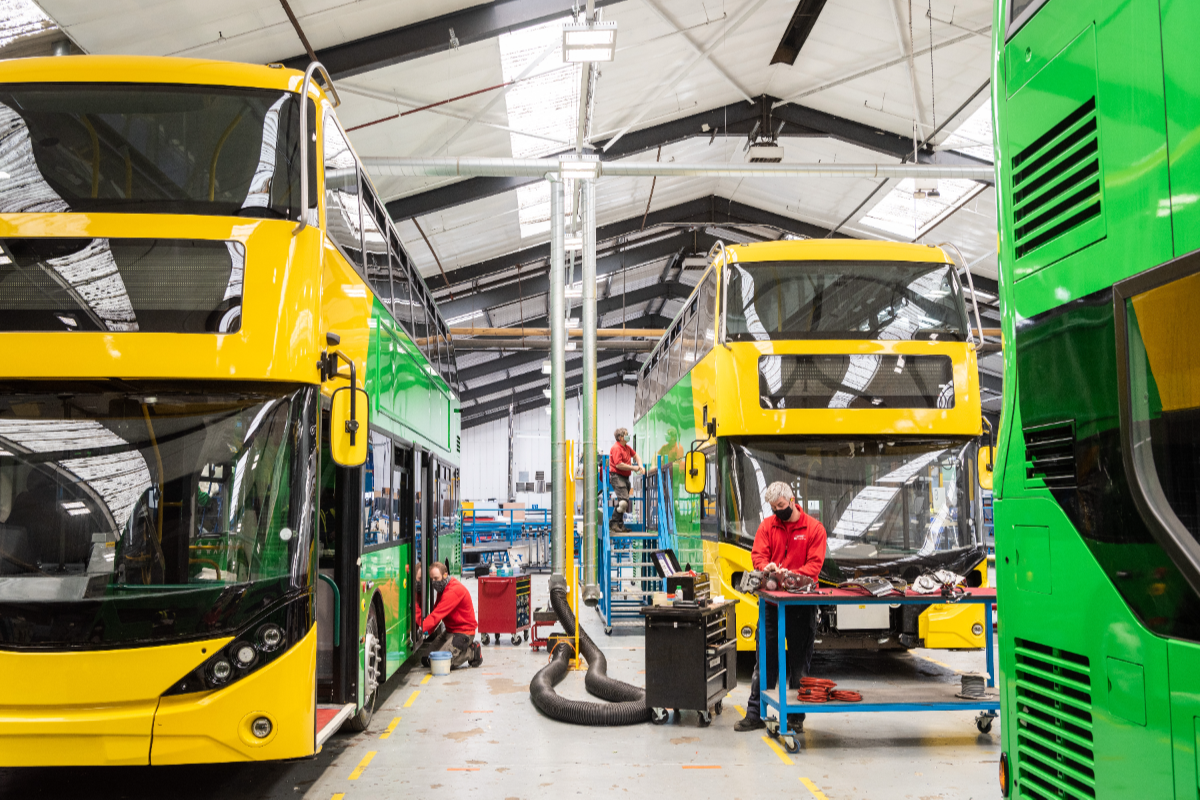
Alexander Dennis has announced a significant shift in its UK manufacturing strategy, proposing to consolidate its bus body manufacturing operations into a single site in Scarborough.
The company says that the strategic refocus follows a detailed business review and is intended to "adjust the company to evolving market dynamics."
The Scarborough facility has been selected as the sole site for consolidated bus body operations due to its capability to produce all necessary products and recent significant upgrades. The Alexander Dennis site in Scarborough currently employs just over 700 people in both manufacturing and non-manufacturing roles. This proposed structure aims to lower overall costs, deliver clearer responsibilities, and increase efficiency by eliminating duplicate functions and activities.
However, the statutory consultation accompanying this restructuring places up to 400 roles at potential risk of redundancy nationally. This represents approximately 22% of Alexander Dennis’ workforce. While the focus shifts to Scarborough, the company proposes to discontinue its Scottish-based manufacturing in Falkirk, which has already seen reductions in recent years. Production lines at Larbert would also be suspended upon the completion of current contracts. Alexander Dennis also anticipates a subsequent impact on its domestic supply chain, having spent over £1 billion with its 1,000 UK suppliers in the last five years.
Paul Davies, Alexander Dennis President & Managing Director, commented on the proposed changes, stating:
“We are proposing a new UK manufacturing strategy to underpin financial sustainability and lower operating costs in the face of changing and challenging market dynamics”.
Mr Davies added that it is
“extremely regrettable that as part of this, we must place jobs at potential risk of redundancy and propose to cease manufacturing operations at some of our facilities”.
A key concern raised by Alexander Dennis is the "competitive imbalance" within the bus manufacturing industry, highlighting the increasing market share of Chinese bus manufacturers and a perceived absence of incentives for British-built vehicles. Mr Davies remarked:
“the stark reality is that current UK policy does not allow for the incentivisation or reward of local content, job retention and creation, nor does it encourage any domestic economic benefit”.
He expressed a desire to see
“policy and legislative changes that incentivise the delivery of local benefit where taxpayer money is invested,”
Alexander Dennis says that it remains hopeful that the forthcoming industrial strategy will affirm the value of manufacturing within the UK, and that policy changes will increase focus on supporting domestic manufacturing.
Alison Hume, the Member of Parliament for Scarborough and Whitby, acknowledged the news, saying:
"Obviously, it is devastating news that 400 jobs are at risk in Falkirk as a result of Alexander Dennis’ consolidation.
Just over 700 people, in manufacturing and non-manufacturing roles, are employed at AD’s Scarborough facility.
It has been chosen as the site where AD will consolidate bus body operations because it is capable of producing all necessary products and has recently benefited from a significant upgrade.
Today the government announced £900m investment in buses, including new bus franchising pilots that support our Buses Bill, which aims to protect routes and expand services.
AD are warning about competitive imbalance in the bus manufacturing industry, the increasing market share of Chinese bus manufacturers, and an absence of incentives for British-built vehicles.
I will be working hard in Westminster to make the case for procurement which recognises the added value British-made buses bring to our communities."
.




 Scarborough Athletic Stunned By Minnows in Senior Cup
Scarborough Athletic Stunned By Minnows in Senior Cup
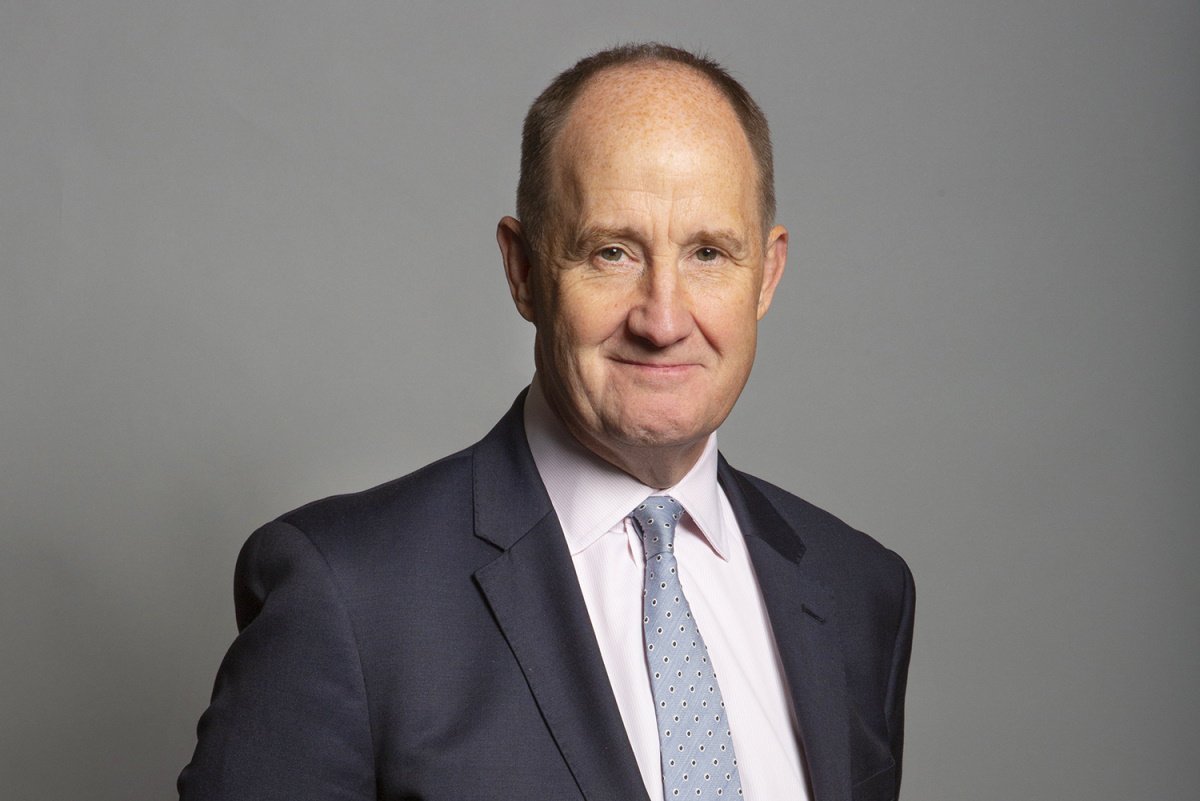 Pickering and Filey MP Criticises Government for ‘Unfair’ Rural Funding Settlement
Pickering and Filey MP Criticises Government for ‘Unfair’ Rural Funding Settlement
 East Riding to Introduce Weekly Food Waste Collections Amid Long-Term Funding Fears
East Riding to Introduce Weekly Food Waste Collections Amid Long-Term Funding Fears
 Whitby Town Again Hit By Second Half Slaughter
Whitby Town Again Hit By Second Half Slaughter
 Eastfield Boxing Club Film to Get Scarborough Premiere
Eastfield Boxing Club Film to Get Scarborough Premiere
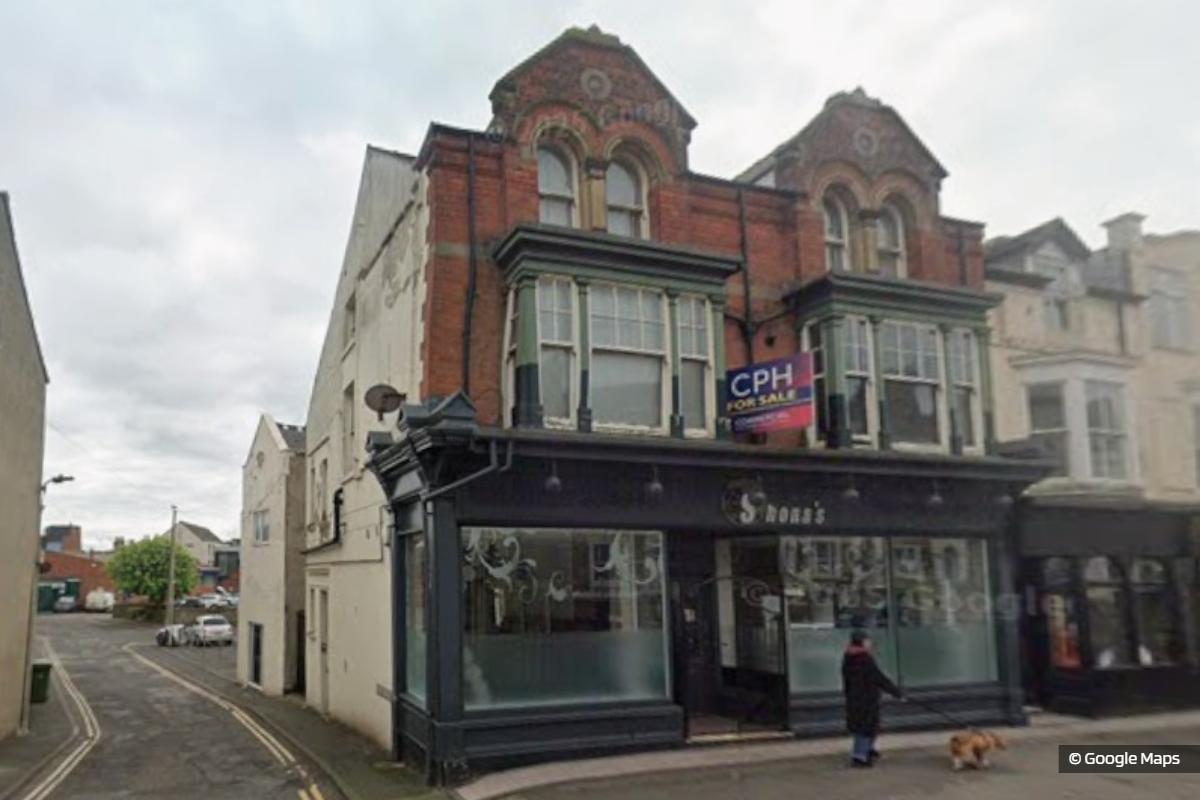 Scarborough Café and Flat Plans Opposed by Town Councillors
Scarborough Café and Flat Plans Opposed by Town Councillors
 Bridlington Town Beaten Again Despite Improved Showing
Bridlington Town Beaten Again Despite Improved Showing
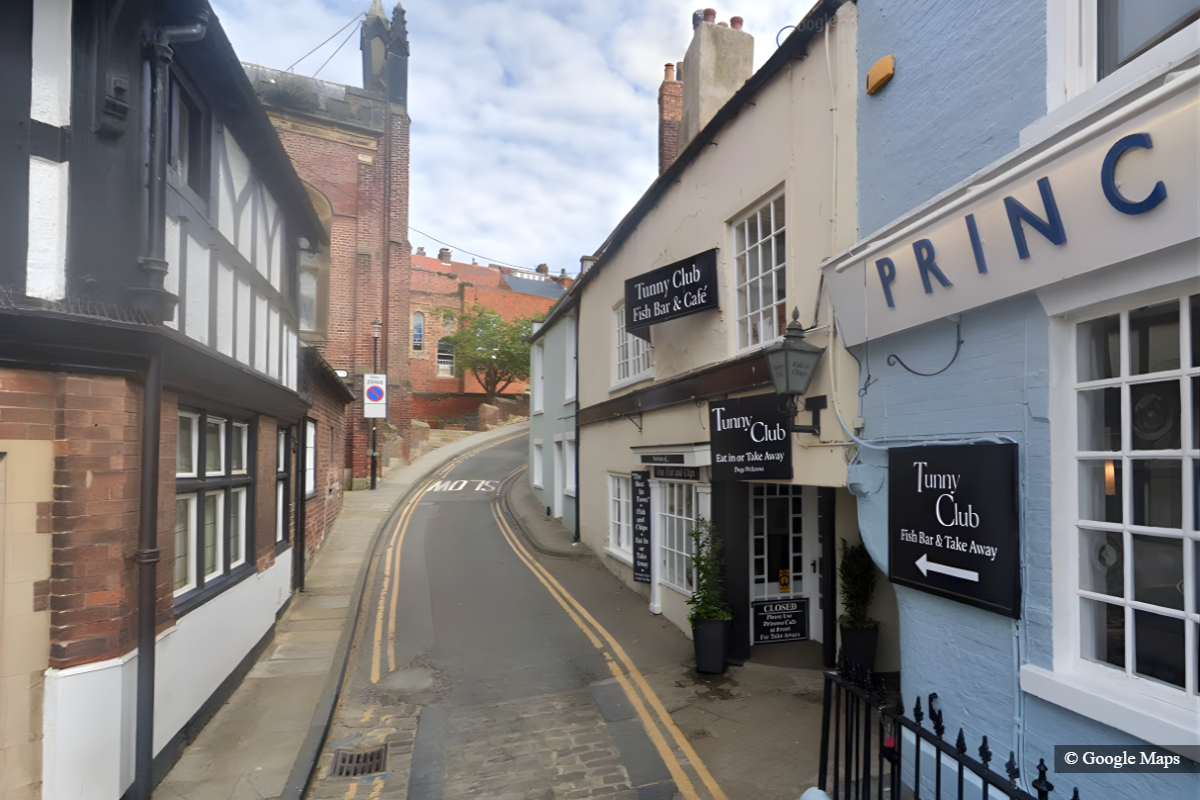 Scarborough Chip Shop's Alcohol Bid Approved Despite Concerns
Scarborough Chip Shop's Alcohol Bid Approved Despite Concerns
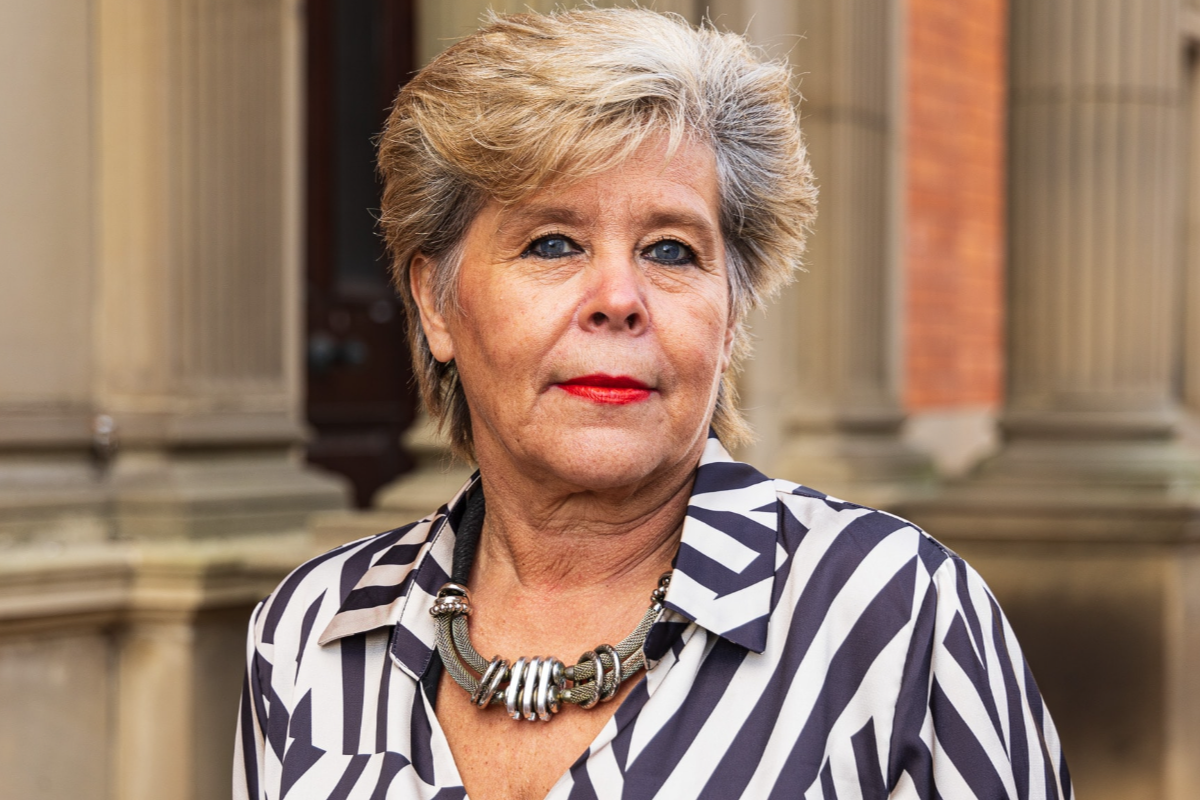 East Riding Leaders Sound Alarm Over Government's 'Fairer Funding' Review
East Riding Leaders Sound Alarm Over Government's 'Fairer Funding' Review
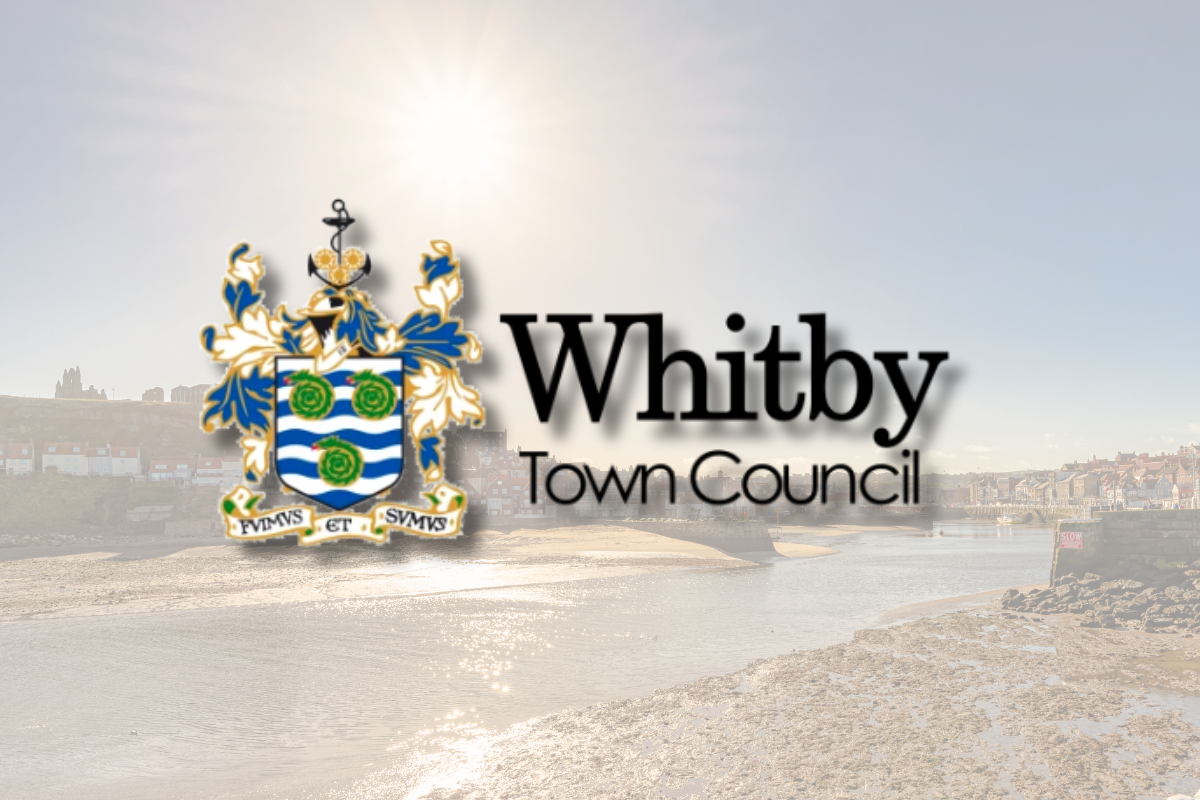 Precept Increase Proposed for Whitby Residents in Draft Budget
Precept Increase Proposed for Whitby Residents in Draft Budget
 North York Moors Park Authority Agrees Move to New £4m HQ
North York Moors Park Authority Agrees Move to New £4m HQ








Comments
Add a comment